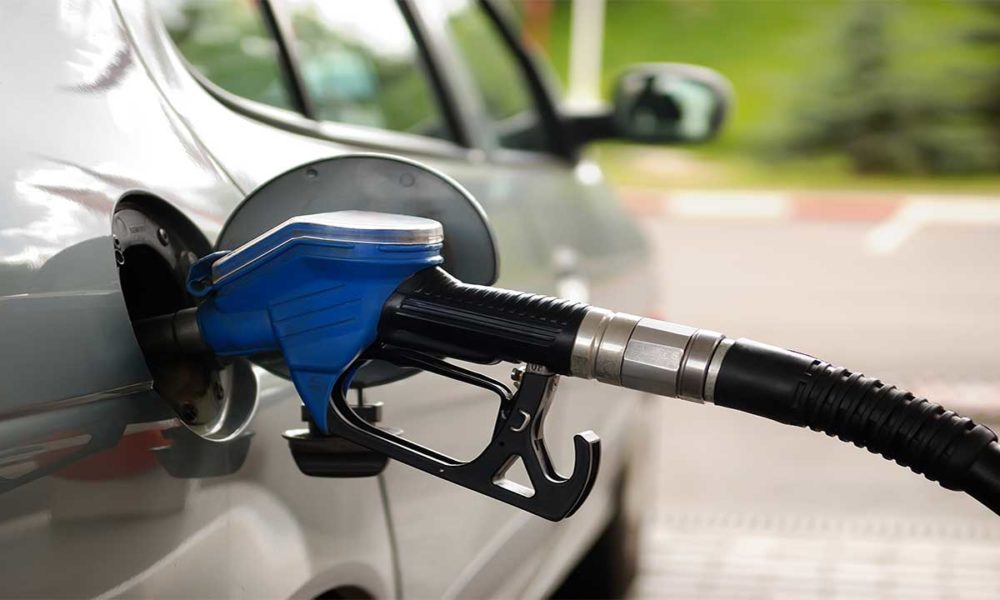Energy
Nigeria Pays N5.83tn in Subsidy on Petroleum Products in Three Years

In the past three years, Nigeria has paid an astounding N5.83tn in subsidies on petroleum products, according to reports by the National Bureau of Statistics (NBS).
This revelation comes at a time when the country is struggling to deal with the rising cost of petrol, which has increased by 81% in just three years.
The NBS data showed that between February 2020 and February 2023, the price of fuel rose from N145.41/litre to N263.76/litre.
The report also stated that the average retail price paid by consumers for Premium Motor Spirit in February 2023 was N263.76, indicating a 54.76% increase when compared to the value recorded in February 2022 (N170.42).
The high cost of petrol has had a significant impact on the country’s finances, with fuel subsidies increasing from N134bn in 2020 to N1.43tn in 2021, N4.39tn in 2022, and a projected N3.63tn by June of 2023.
This has put a significant strain on Nigeria’s economy and has made it increasingly difficult for the government to maintain its subsidy payments.
The government has continued to restate its plans to remove fuel subsidies and deregulate the oil market by June of this year.
This move has been met with mixed reactions, with some arguing that the removal of subsidies could have drastic consequences for the populace.
Despite this, the Minister of Finance, Budget, and National Planning, Mrs Zainab Ahmed, has announced that Nigeria has borrowed $800m from the World Bank for the purpose of providing palliatives for Nigerians ahead of fuel subsidy removal.
It remains to be seen how the removal of fuel subsidies will impact the country’s economy and its citizens. With the countdown to the June 2023 date for subsidy removal inching closer, there are concerns that ordinary Nigerians could be left worse off if the government fails to adequately prepare for the consequences of this decision.